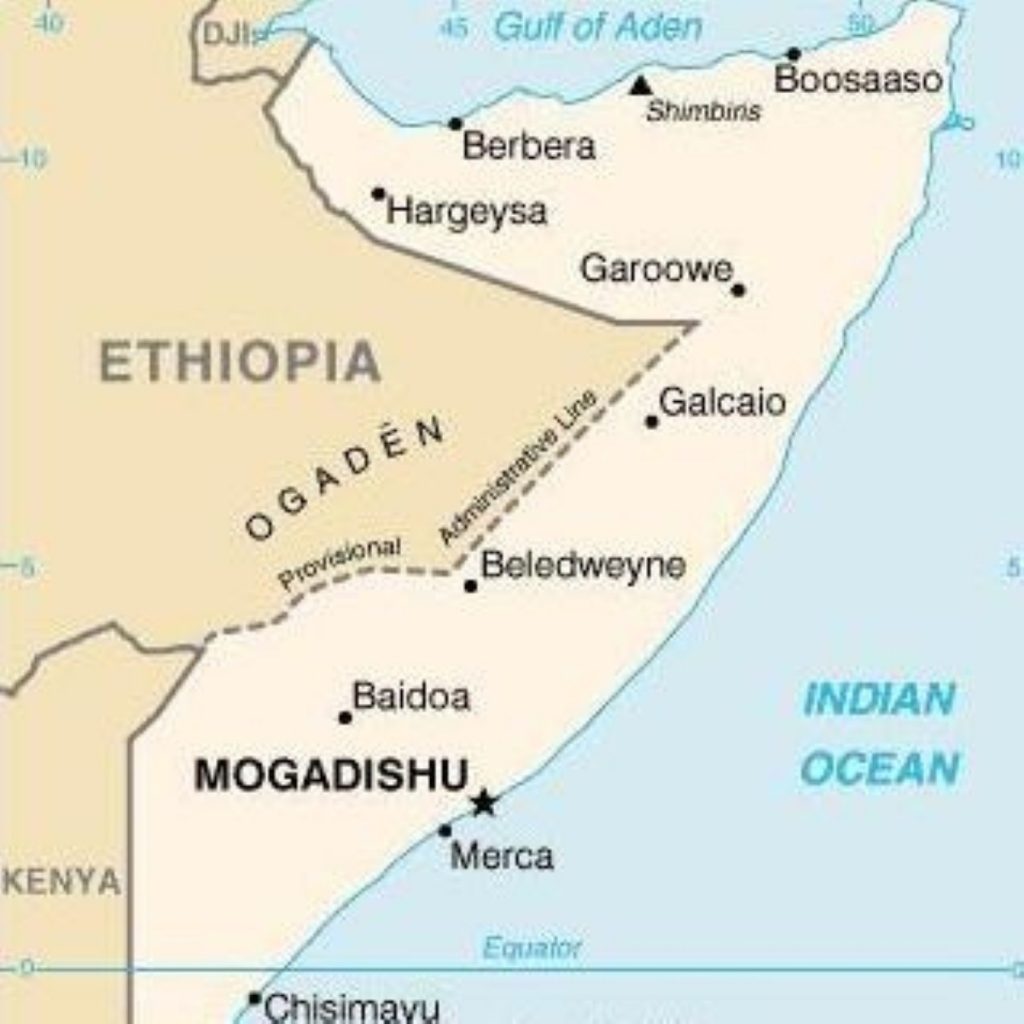Somali extremism ‘could affect UK’
By Jo-Anna K. Burnett
Somali extremism needs more financial aid to help fight terrorism, David Cameron has said.
The prime minister used his opening speech to an international conference on Somalia taking place in London to warn that, despite political advances in Somalia like a new president, government and parliament elected by representatives of all clans, the country "still faces desperate poverty".
"These challenges are not just issues for Somalia, they matter for Britain too and to the whole international community," Cameron said. He expressed concern over the possibility of radicalism in adults under 25, two-thirds of the Somali population.


Britain will commit £10 million towards developing Somalia's armed forces, £14.5 million to train judges and lawyers and to double the country's police force.
Cameron also said that the UK will help with a new maritime strategy and radio communications on the entire coastline.
The prime minister accepted terrorism, extremism and piracy is down in Somalia. He credited the African Union Mission in Somalia (AMISOM), Ethiopian and Somalia powers as the driving force behind rebel group Al Shabaab's withdrawal but insisted there is still work to do in the Horn of Africa country.
About half of Somalis survive on less than $1 day, and more than 200,000 children under five years old are malnourished. Cameron said disrupting financing and travel of rebel groups is a key goal.
Dalmar Ofman, director of Somali Development Group, told Politics.co.uk that the funding might be better spent tackling social exclusion and poverty, which he said play influential roles in rebel groups in young Somali lives.
"It's mainly by poverty," he said, pointing out that Somalis based outside of Somalia are the main financial provider for their families back home.
One of the reasons Al Shabaab's influence declined is because they lost financial backing, Ofman added. The rebel group had given children age eight and nine, $300 a month to support their family.
"So how do you support those that are vulnerable, but also those that are socially excluded?" Ofman asked. He noted that illiteracy also plays a significant role in shaping Somali youths. "That is something that needs to be looked at."
Cameron had argued: "Most young people don’t join Al-Shabaab because they believe in its perverted version of Islamist ideology. They do it because they are desperate for a few dollars and a mobile phone."

